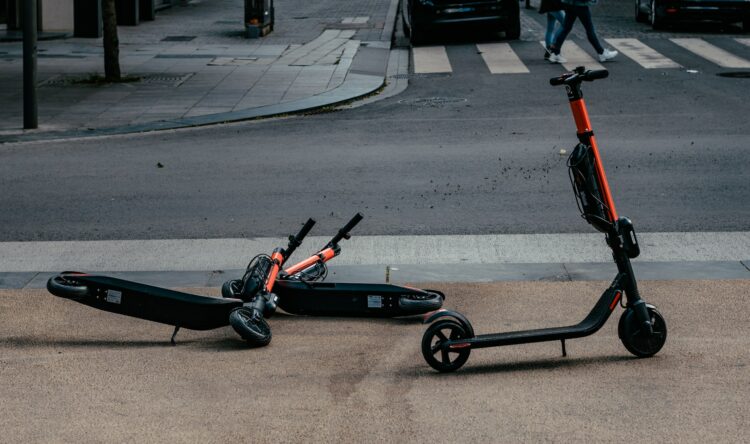Shutting the Gate
Tailgaters are being targeted by Highways England and new camera technology
During the first two months, 26,000 tailgating vehicles have been recorded, 419 drivers a day.
Based on the Highway Code’s two-second minimum gap rule, the technology measures the timed distance between vehicles, photographing any offending vehicles.
However, rather than prosecuting culprits, the police have so far sent warning letters only. Drivers can be fined £100 and handed three penalty points on their licence.
Of the 26,000 who’ve received letters so far, 3,700 were repeat offenders. Some drivers were spotted tailgating up to 12 times on the same 150-metre stretch of road where the cameras have been installed.
A Frightening Picture
“These new cameras have, sadly, highlighted just how many people are driving too close on our roads”, said Jeremy Philips, Highways England’s Head of Road Safety. He emphasised that the cameras are there to “make drivers aware of their behaviour and encourage better driving”.
According to official statistics, tailgating is recorded as a factor in one in eight casualties. The number of serious collisions tailgating causes is at its highest level for seven years. Highways England is assessing whether sending tailgaters letters is enough to a change behaviour.
A recent survey by Highways England found that 25% of drivers admitted to the offence, though a similar questionnaire by road safety charity Brake in 2014 found that 95% of drivers stated they were concerned about vehicles driving too close behind them.1
Mr Philips continued: “We understand that most tailgating is unintentional by drivers who are simply unaware they are dangerously invading someone else’s space. But not leaving enough space between you and the vehicle in front can be very frightening and intimidating — it could also prove fatal.”
A View to a Change
The RAC’s Road Safety Spokesman, Simon Williams, said: “Unlike speeding, where cameras are now widely used, catching drivers committing many other types of motoring offences, including tailgating, has mostly depended on police officers being present.” With the huge drop in traffic police on the roads over the last decade, technological enforcement is seen as an important potential solution. “This technology has the potential to change that – if rolled out widely, the cameras could dramatically increase the chances of catching drivers who put themselves and others in serious danger”.
“RAC research shows the poor standard of other people’s driving is a top concern for motorists, second only to motorists using handheld phone at the wheel, which suggests there is an appetite for something to be done about it.”
Baroness Vere, roads minister, said: “When people think of the causes of road accidents, tailgating probably isn’t one of them, but it’s one that can have dangerous repercussions.
“Highways England’s innovative plans are already showing how serious and reckless this behaviour is, and through this campaign I hope we see tailgating drop, making our roads, already some of the safest in the world, safer still.”
The trial on the Northamptonshire section of the M1 is set to last six months.





